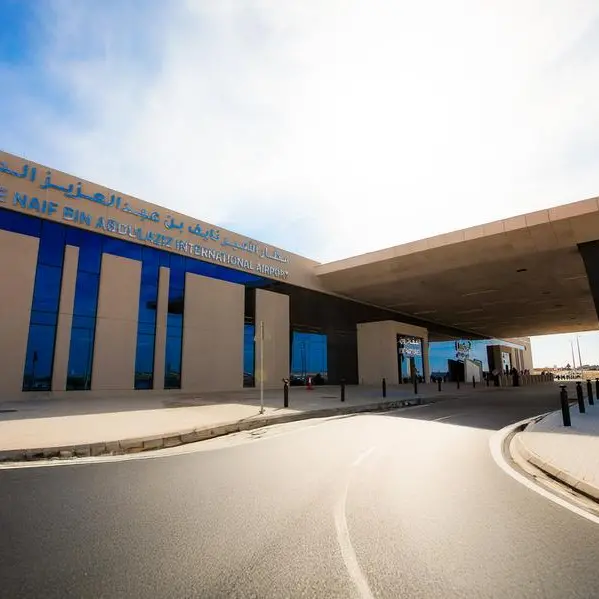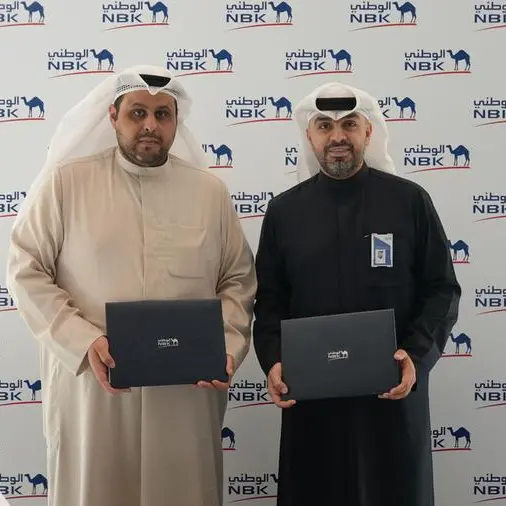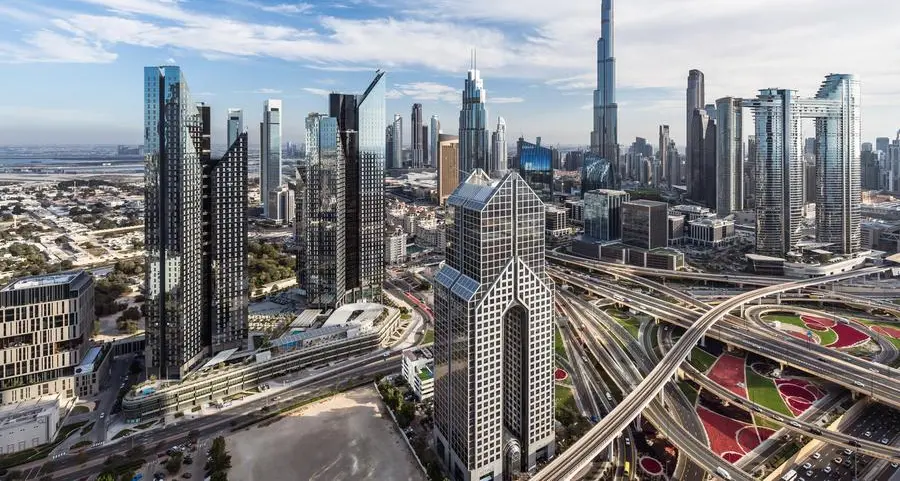- The impact of COVID-19 will accelerate the industrial share of domestic gas demand and petrochemicals demand in MENA
- The share of government investments in committed and planned gas projects (92%) is higher than it is in the petrochemicals sector (72%).
- By the end of the current decade, the petrochemical sector will be the main driver of oil demand.
Manama: The Arab Petroleum Investments Corporation (APICORP), a multilateral development financial institution, today released its MENA Gas & Petrochemicals Investments Outlook 2020-2024 on the MENA region’s planned and committed investments for the period 2020 to 2024. The report features key regional developments in the regional gas and petrochemicals landscape and the dynamics shaping it over the short and medium terms.
Regional Developments
2020 is witnessing one of the biggest gas demand shocks on record, with a year-on-year (y-o-y) reduction of 4% globally. This stands in stark contrast to 2019, which was a record year for liquefied natural gas (LNG) LNG Final Investment Decisions (FIDs). The 2020 global crisis is expected to reduce the annual growth rate for global gas demand during 2020-24 to 1.5% compared to the pre-COVID-19 estimate of 1.8%.
Despite the global demand shock, the MENA region’s committed gas investments held steady compared to last year. Planned investments meanwhile increased by 29% to reach USD126 bn, mainly due to the strong ongoing regional gas drive for cleaner power generation and improved monetization as a feedstock for the industrial and petrochemicals sectors. Notably, the petrochemicals sector witnessed a y-o-y increase of USD4 bn in planned projects compared to last year’s outlook, while committed projects decreased by USD13 bn due to the completion of several projects in 2019.
The share of government investments in committed and planned gas projects (92%) is higher than it is in the petrochemicals sector (72%). Given the increasing size of projects, such investments typically rely on a 70:30 or 80:20 debt/equity ratio.
Dr. Ahmed Ali Attiga, Chief Executive Officer, APICORP, commented: “The decrease in gas demand has put fiscal pressures on government and private sectors alike, and we expect a few committed projects to continue facing strong headwinds in terms of payments, supply chain issues and potential project delays. Overcoming these challenges will undoubtedly require strong policy support from governments, as well as enhanced collaboration between the private and public sector. To this end, APICORP has continued to play a critical countercyclical role in alleviating these fiscal pressures and bridging the financing gap caused by the pandemic to strengthen the energy sector’s sustainability.”
Dr. Leila R. Benali, Chief Economist, Strategy, Energy Economics and Sustainability, APICORP, added: “The impact of COVID-19 on MENA gas demand and the petrochemicals sector will accelerate the industrial share of domestic demand. As outlined in our MENA Gas & Petrochemicals Investments Outlook 2020-2024, gas demand is expected to grow by approximately 3.8%-4% on average in MENA compared to 6% in 2019. This downward revision is due to slower GDP growth and industrial output, the effect of price reforms, nuclear power projects coming online and increased share of renewables. Additionally, a prolonged depression of LNG prices will put further pressure on a few LNG exporters in the region during a time when pipeline exports were already taking a hit.”
Country Highlights
The integration of the downstream value chain is expected to continue in the region, in conjunction with Asia. Saudi Arabia, Iran and Iraq leading the way in terms of committed gas investments. This is driven by the gas-to-power development drive in both Saudi Arabia and Iraq, as well as Iran’s South Pars program and petrochemicals feed.
The UAE has allocated USD22 bn to the country’s continued gas development masterplan realization, which includes unconventional and sour gas development. Following the model set by the USD20.7 bn acquisition of a minority stake and lease rights in ADNOC’s Gas Pipeline Assets by an international investor consortium, other National Oil Companies (NOCs) in the region with large well-maintained midstream infrastructure may pursue a similar strategy to unlock intrinsic value and monetize strong asset bases.
In terms of committed petrochemicals investments, Egypt tops the region, followed by Iran and Saudi Arabia, owed to localization of specialty chemical industries and feedstocks import substitution. Egypt also saw a USD10 bn uptick in planned gas activities, mostly related to recently awarded offshore blocks to companies such as Chevron, bp and Noble, as well the development of its midstream-downstream infrastructure to bolster its position as a gas hub, as detailed in APICORP’s Gas Investment Outlook 2019-2023.
For more data, figures, lists of top 20 planned and committed projects and further information, please access the report by clicking here: https://bit.ly/3djWThD
-Ends-
For further information:
Hassan Al-Jundi
APICORP
Email: haljundi@apicorp.org
Zeeshan Masud Daniel Chinoy
Weber Shandwick Weber Shandwick
Email: zmasud@webershandwick.com Email: dchinoy@webershandwick.com
About APICORP:
The Arab Petroleum Investments Corporation (APICORP) is a multilateral development financial institution established in 1975 by an international treaty between the ten Arab oil exporting countries. It aims to support and foster the development of the Arab world’s energy sector and petroleum industries. APICORP makes equity investments and provides project finance, trade finance, advisory and research. APICORP is rated ‘Aa2’ with stable outlook by Moody’s and ‘AA’ with a stable outlook by Fitch. APICORP’s headquarters is in Dammam, Kingdom of Saudi Arabia.
More information can be found at: www.apicorp.org
© Press Release 2020
Disclaimer: The contents of this press release was provided from an external third party provider. This website is not responsible for, and does not control, such external content. This content is provided on an “as is” and “as available” basis and has not been edited in any way. Neither this website nor our affiliates guarantee the accuracy of or endorse the views or opinions expressed in this press release.
The press release is provided for informational purposes only. The content does not provide tax, legal or investment advice or opinion regarding the suitability, value or profitability of any particular security, portfolio or investment strategy. Neither this website nor our affiliates shall be liable for any errors or inaccuracies in the content, or for any actions taken by you in reliance thereon. You expressly agree that your use of the information within this article is at your sole risk.
To the fullest extent permitted by applicable law, this website, its parent company, its subsidiaries, its affiliates and the respective shareholders, directors, officers, employees, agents, advertisers, content providers and licensors will not be liable (jointly or severally) to you for any direct, indirect, consequential, special, incidental, punitive or exemplary damages, including without limitation, lost profits, lost savings and lost revenues, whether in negligence, tort, contract or any other theory of liability, even if the parties have been advised of the possibility or could have foreseen any such damages.



















